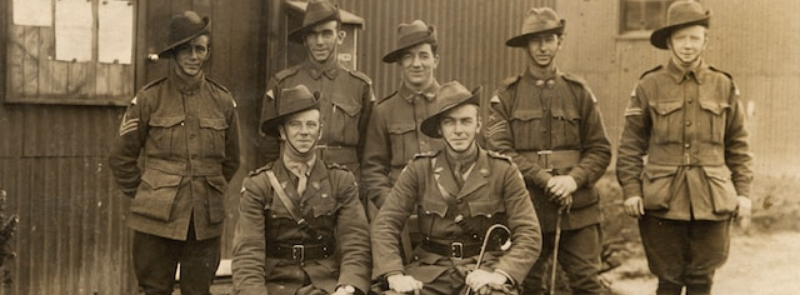
When It Occurs
Every May 8th
Official Website
Timeline
Days Passed (1021)
# Hashtags
#TimeOfRemembranceAndReconciliationForThoseWhoLostTheirLivesDuringTheSecondWorldWar #AlliedForces
The Time of Remembrance and Reconciliation for Those Who Lost Their Lives during the Second World War, observed on May 8 and May 9, is an annual international day established by Resolution 59/26 of the United Nations General Assembly on November 22, 2004. This resolution calls upon 'Member States, organizations of the United Nations system, non-governmental organizations, and individuals' to honor the victims of World War II.
Commencing on May 8, this day holds significance as it marks the anniversary when the Allies in World War II accepted the unconditional surrender of Nazi Germany's armed forces, signaling the end of Adolf Hitler's Third Reich.
Background
The Time of Remembrance and Reconciliation for Those Who Lost Their Lives During the Second World War was proclaimed by the United Nations General Assembly in Resolution 59/26, adopted on November 22, 2004. The observance is marked annually on May 8th and 9th, aligning with the dates marking the end of the war in Europe in 1945.
Significance of the Observance
- Honoring Victims: The observance pays tribute to the millions of people who lost their lives during World War II, including soldiers, civilians, and victims of the Holocaust and other atrocities.
- Promoting Reconciliation: It emphasizes the importance of reconciliation among nations and peoples to ensure lasting peace.
- Educating Future Generations: The observance serves as a reminder of the horrors of war, aiming to educate future generations about the causes and consequences of World War II to prevent similar conflicts.
Historical Context
World War II, which lasted from 1939 to 1945, was one of the deadliest conflicts in human history. It involved most of the world's nations and resulted in significant loss of life and widespread destruction. The war ended with the unconditional surrender of the Axis powers, with Victory in Europe (VE) Day celebrated on May 8th, 1945, marking the end of the conflict in Europe.
Objectives of the Observance
- Remembrance: To remember and honor those who perished during World War II, recognizing their sacrifices and the immense human cost of the conflict.
- Reflection: To reflect on the lessons learned from the war and the importance of peace, human rights, and international cooperation.
- Reconciliation: To promote healing and reconciliation among nations and individuals affected by the war.
Observance and Activities
Commemorative Ceremonies: Many countries hold ceremonies at war memorials, cemeteries, and other significant sites to honor the fallen. These ceremonies often include laying wreaths, moments of silence, and speeches by dignitaries.
Educational Programs: Schools, universities, and educational institutions organize special programs, lectures, and discussions to teach students about World War II, its causes, and its impact on the world.
Cultural Events: Cultural institutions may host exhibitions, film screenings, and performances related to World War II, highlighting the historical context and personal stories of those affected by the war.
Media Coverage: Television, radio, and online platforms feature documentaries, interviews, and special reports on World War II, providing historical insights and personal testimonies.
Interfaith and Intercultural Dialogues: Events that promote dialogue between different faiths and cultures help foster mutual understanding and reconciliation.
United Nations Involvement: The UN often holds special sessions and issues statements emphasizing the importance of remembrance and reconciliation, aligning with its mission of promoting peace and security.
Importance of the Observance
- Honoring Sacrifice: It acknowledges and honors the sacrifices made by millions during World War II, ensuring that their memory is preserved.
- Promoting Peace: By reflecting on the devastation of war, the observance promotes the values of peace, tolerance, and international cooperation.
- Educating Generations: It serves as an important educational tool, helping future generations understand the complexities of history and the importance of preventing future conflicts.
- Encouraging Reconciliation: The observance fosters reconciliation and healing among former adversaries, contributing to global peace and stability.
Conclusion
The Time of Remembrance and Reconciliation for Those Who Lost Their Lives During the Second World War is a crucial observance dedicated to honoring the memory of those who perished in one of history's most devastating conflicts. By promoting reflection, education, and reconciliation, this observance aims to ensure that the lessons of World War II are not forgotten and that efforts to build a peaceful and just world continue.


